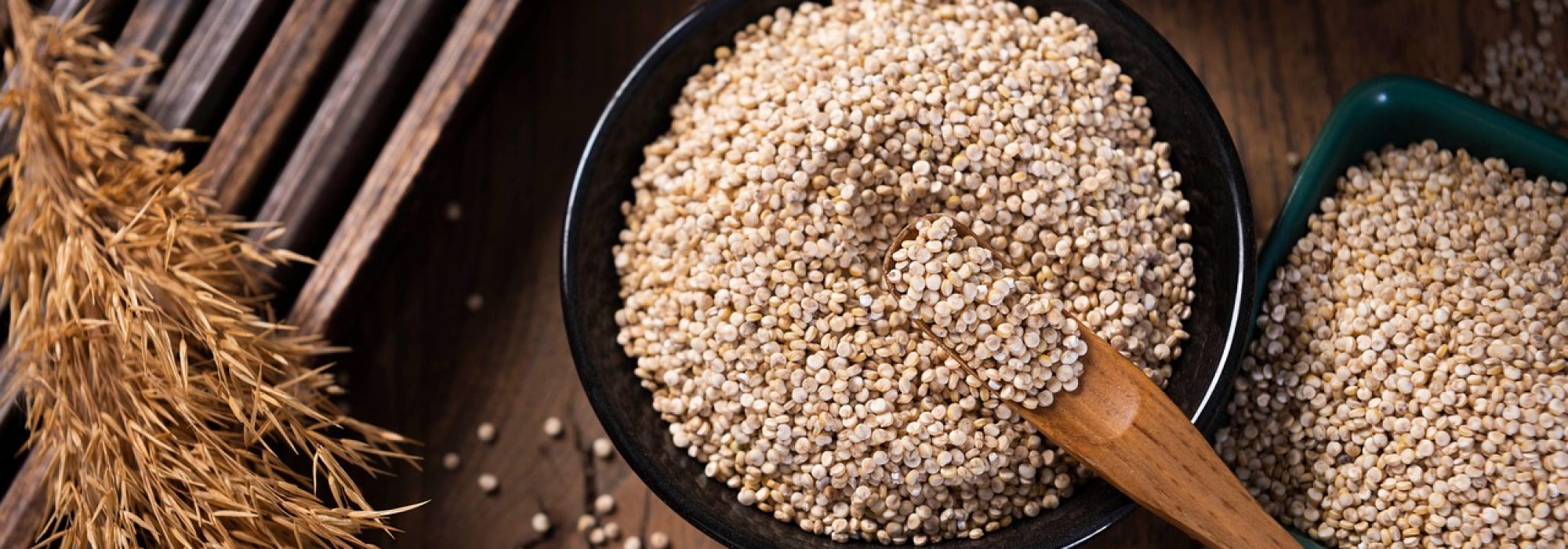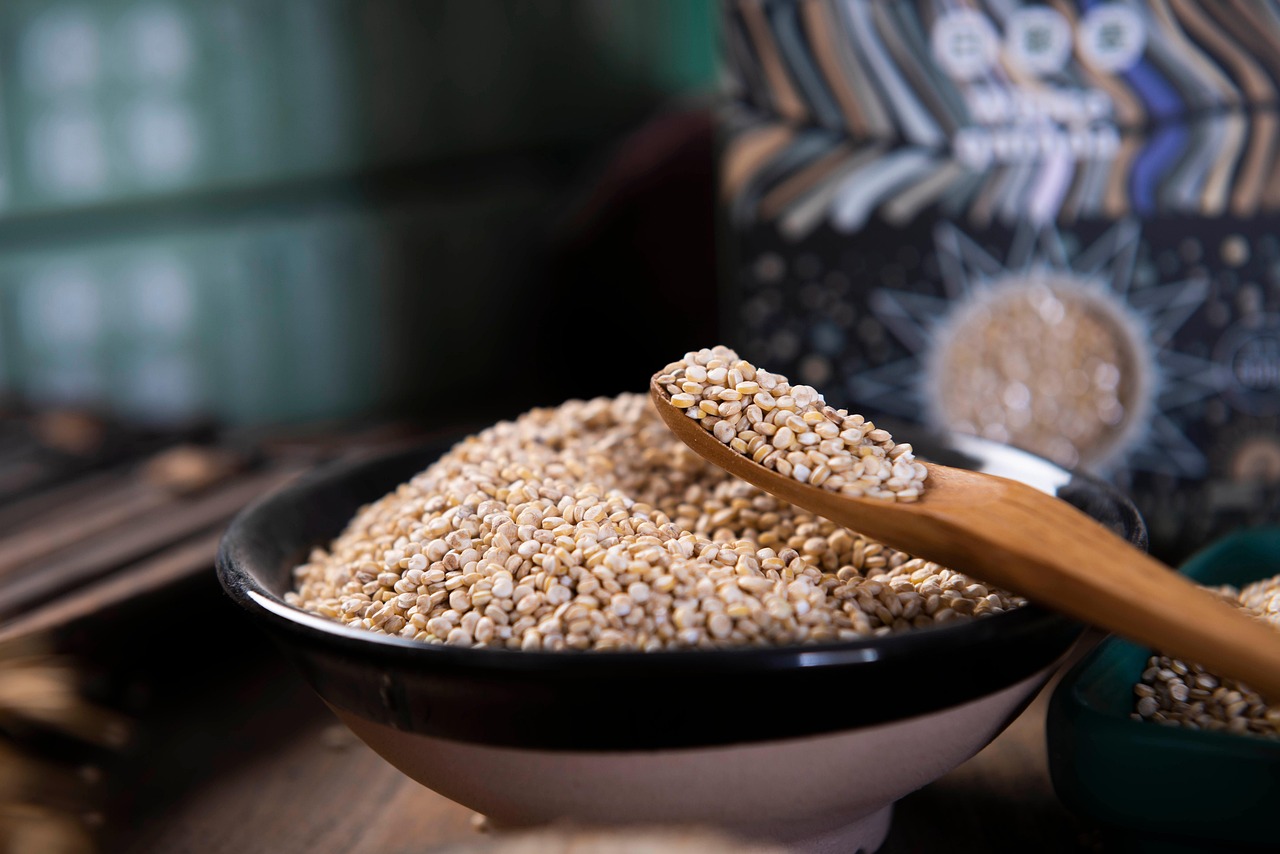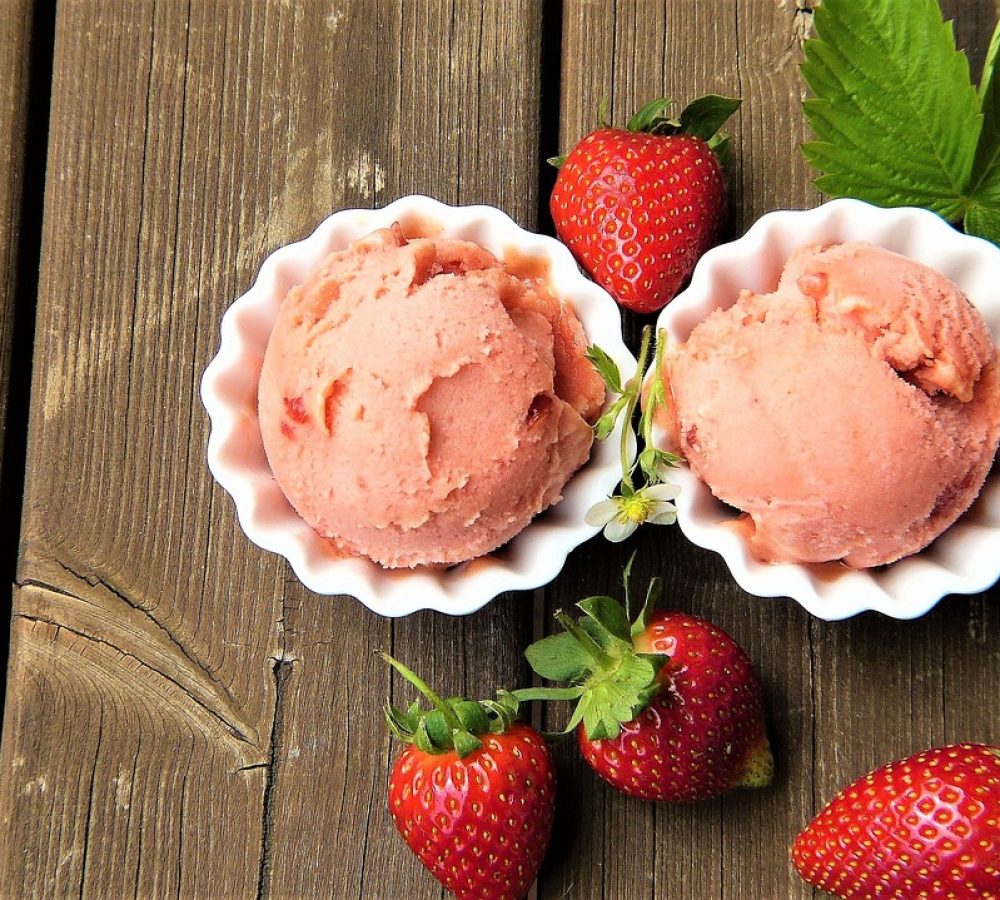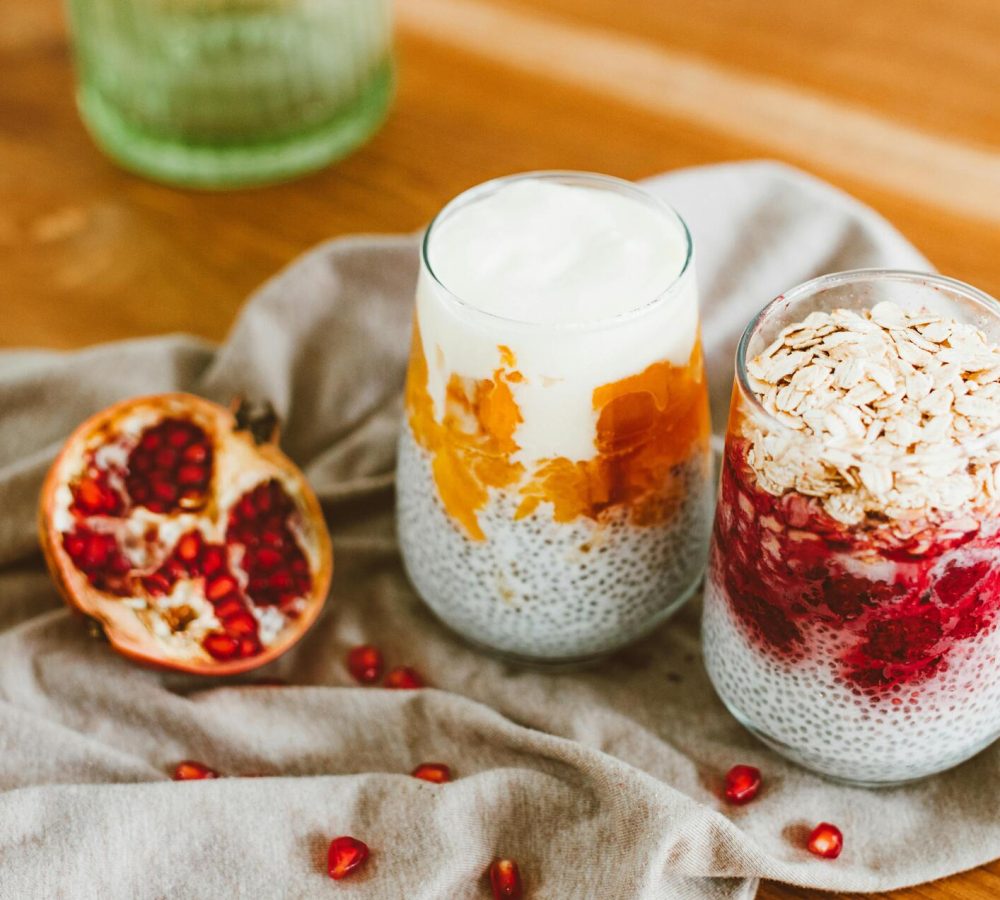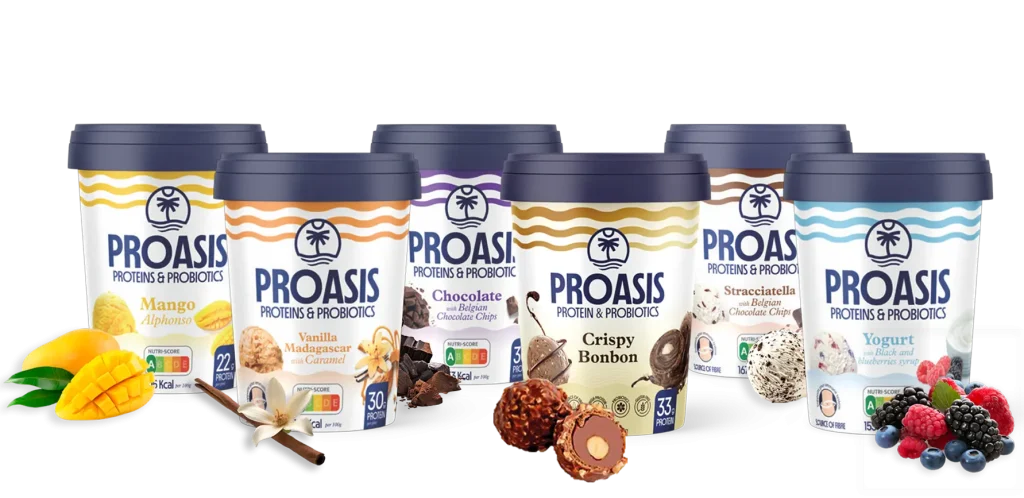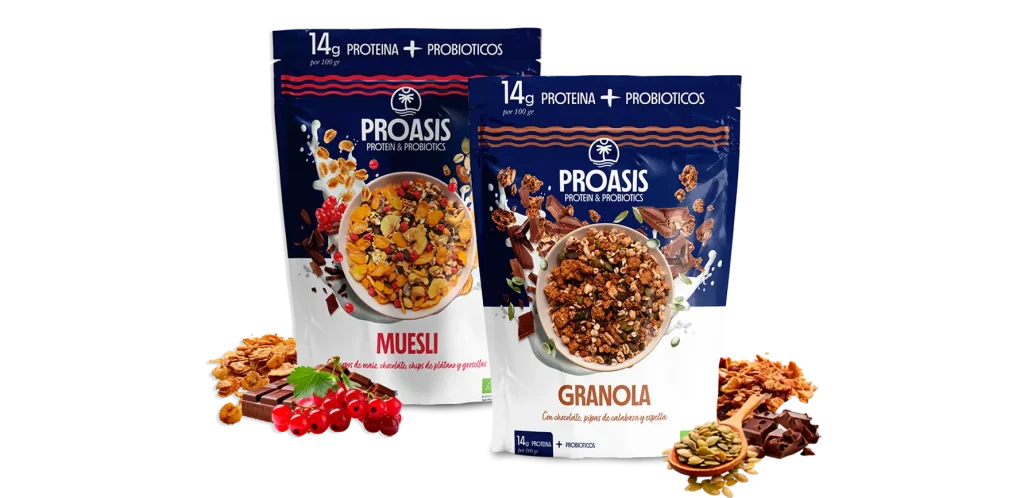Today, functional foods have become a cornerstone for achieving overall well-being and health. They are, indeed, one of the most prominent emerging healthy-eating trends.
Incorporating foods with specific properties promotes a balanced, preventive lifestyle. It’s therefore worth analyzing and understanding their features and benefits. Shall we begin?
What are functional foods?
This term refers to foods that, in addition to providing basic nutrients, contain bioactive compounds that offer additional health benefits. Therefore, they go beyond meeting basic nutritional needs, as they tend to have a positive impact on specific bodily functions.
Key features include the presence of active ingredients, mainly antioxidants, probiotics, prebiotics, and omega-3 fatty acids. These components provide protective effects and enhance the body’s overall well-being.
Functional foods are an increasingly popular option for those seeking to improve their health through what they eat. If that’s you—or you’d like it to be—then it’s useful to understand the basics of innovation in functional foods.
Emerging trends in healthy eating
How we eat today is largely influenced by new trends that prioritize health. More and more people are moving beyond simply satisfying hunger and are looking for options that also promote overall well-being.
For example, the rise of superfoods—such as goji berries and quinoa—has led to greater interest in natural, nutrient-dense ingredients. Likewise, the search for more sustainable, environmentally friendly alternatives is driving the consumption of organic and local foods. Other trends include the growing popularity of plant-based diets—within veganism and vegetarianism—as well as a push to reduce the intake of processed and sugary foods.
All in all, these trends reflect a shift toward more mindful, balanced eating aligned with a healthy lifestyle.
The rise of probiotics in the modern diet
The popularity and presence of probiotics in modern daily diets is growing exponentially. These live microorganisms are beneficial for gut health, making them key elements for improving microbiota balance and promoting better digestion.
It’s been shown that regular intake through foods like yogurt, kefir, or cereals and healthy ice creams from Proasis strengthens the immune system, reduces inflammation, and improves the absorption of essential nutrients. Their intake has also been linked to mental-health benefits, given the close relationship between the gut and the brain. Lastly, muscle recovery with probiotics can be accelerated.
What’s new about—and the impact of—plant proteins
The rise of plant-based proteins is also transforming the food industry and modern diets. These products—derived from natural sources such as soy, peas, quinoa, and chia—offer a healthy, sustainable alternative to animal proteins.
Why the growing popularity? Mainly due to their high nutritional value, lower environmental impact, and health benefits—including reducing cholesterol and the risk of chronic disease.
At the same time, they’re ideal for vegans and vegetarians, as well as for anyone looking to diversify their protein sources.
Ongoing research and development in this field are increasing the variety of innovative products that can support a healthy, environmentally respectful lifestyle.
Benefits of adaptogens and functional mushrooms
Both adaptogens and functional mushrooms are natural elements that help us adjust, adapt, and overcome physical, mental, or emotional stress.
In addition:
- Adaptogens help balance the nervous system, improve endurance, and increase energy. The most popular ones so far are rhodiola and ginseng.
- Functional mushrooms, such as reishi and cordyceps, offer other health benefits.
Both have been used for centuries in traditional medicine across various cultures. Today, they are gaining popularity in modern diets thanks to their unique properties for promoting holistic well-being.
Functional, vegan, and sustainable foods
Vegan and sustainable eating is also on the rise. As you probably know, it promotes the consumption of plant-based foods and avoids any animal-derived products.
In principle, it benefits personal health—by reducing saturated fat and cholesterol intake—and has a positive environmental impact. Consider these positive effects on our planet:
- Lower ecological footprint.
- Better preservation of natural resources.
- Reduced deforestation and greenhouse-gas emissions associated with the livestock industry.
- More ethical treatment of animals by avoiding their exploitation for human consumption.
Consequently, it’s a way of eating that benefits both the individual and the planet as a whole.
Now that you know the major healthy-eating trends for 2025, which ones will you follow? Eating functional foods is a compelling option—so is enjoying probiotics and proteins as a family in a healthier way. Improving your quality of life through what you eat is possible. When will you start?
Article images: we-o_rd35ghczdq1090c5m from Pixabay
